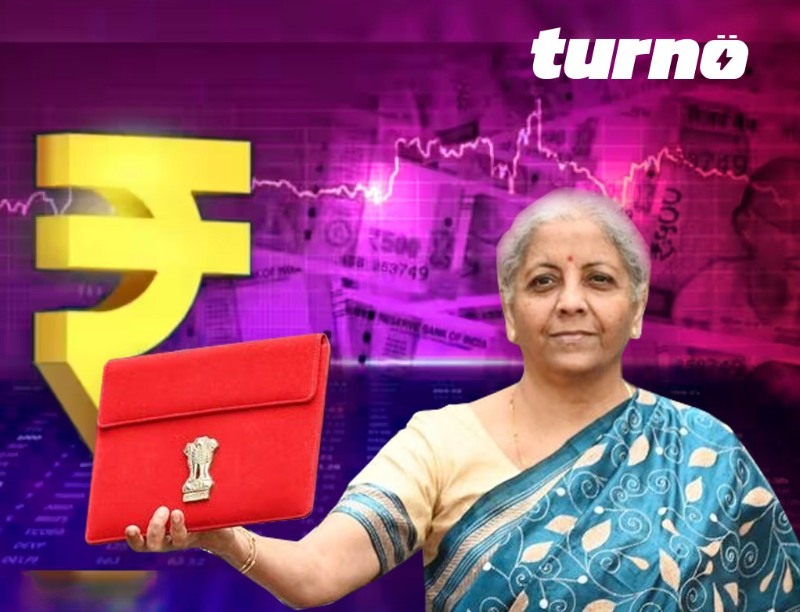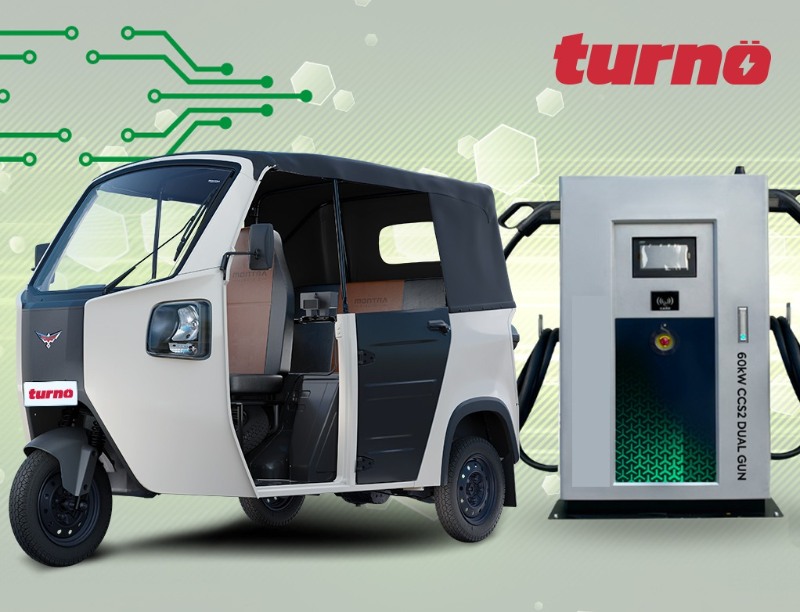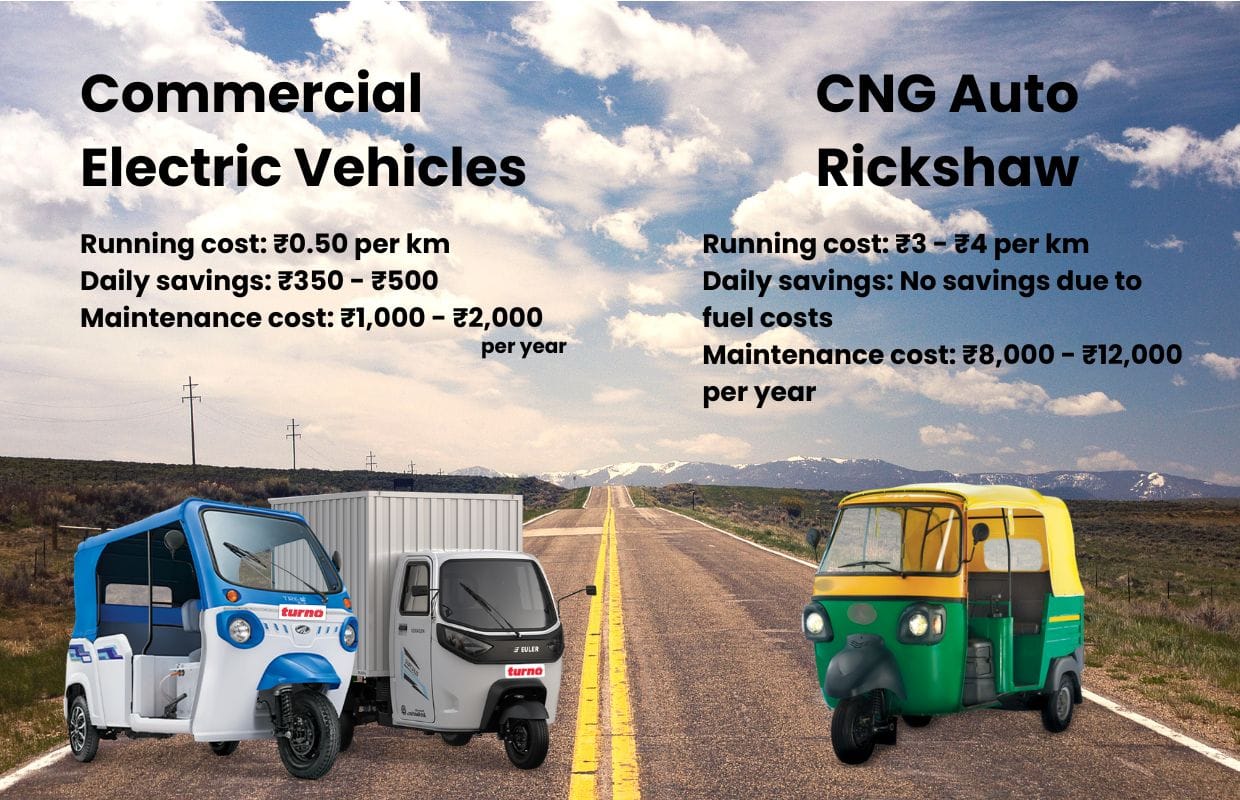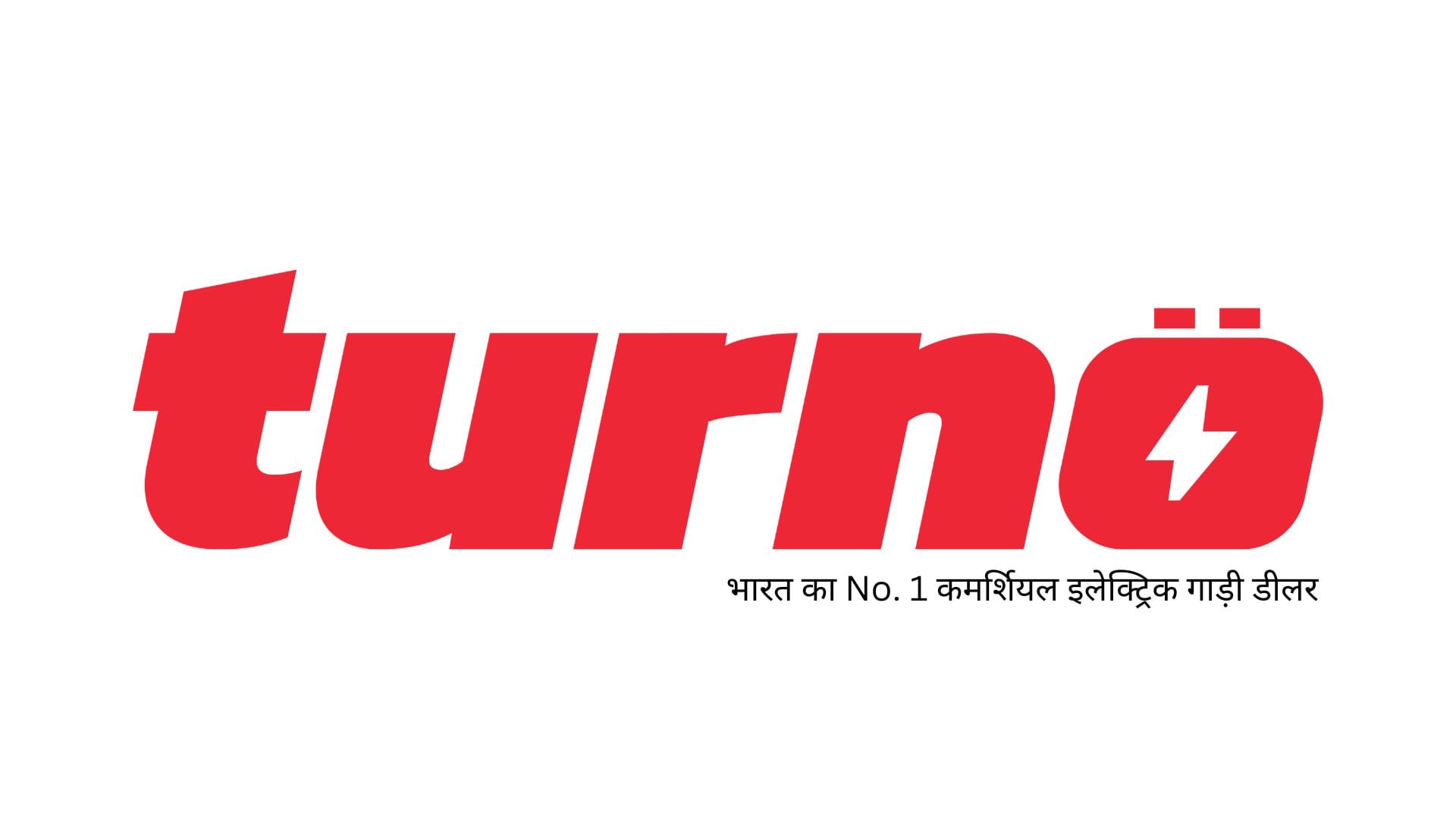
The Indian government is set to prioritise the expansion of Electric Vehicle (EV) manufacturing and the enhancement of charging infrastructure as part of its commitment to achieving net-zero emissions by 2070, as stated by Finance Minister Nirmala Sitharaman during the presentation of the Interim Union Budget 2024 on February 1st.
"Our govt will expand the e-vehicles and will push for greater adoption of electric public transports like buses with formal payment mechanism," Finance Minister Sitharaman said.
In line with the net-zero emission goal, the government aims to strengthen and enlarge the EV ecosystem while simultaneously developing the necessary charging infrastructure. Furthermore, there are plans to transition a significant portion of public transport, particularly buses, to electric vehicles.
Sitharaman emphasised, "As India moves towards its net zero emission target by 2070, the Government will work towards expanding and strengthening the EV ecosystem as well as develop the charging infrastructure."

It is noteworthy that the existing Faster Adoption and Manufacturing of Electric Vehicles (FAME) II scheme, with a budget of Rs 10,000 crore, is set to expire on March 31. The government has granted subsidies for 13.6 lakh vehicles under this scheme, slightly below the target of 17 lakh vehicles.
With a vision for the future, India aims to achieve a substantial increase in the share of electric vehicle sales, targeting 30% in private cars, 70% in commercial vehicles, 40% in buses, and 80% in two-wheelers and three-wheelers by the year 2030.



